Frank Loomis, a minor-recognized mechanical engineer in Akron, was 123 yrs forward of his time.
Loomis built the 1st electrical vehicle, which was purchased by the Akron Law enforcement Section in 1899. It didn’t come cheaply, advertising for $2,400, or $65,000 in today’s forex.
In accordance to Vintage News, the battery-powered police automobile was driven by two 4-horsepower electric motors. It could go 30 miles with the batteries thoroughly billed and attain speeds of 18 miles per hour, which was an awesome feat for the time, and also manufactured it the nation’s very first muscle car or truck.
It was outfitted with electrical headlights, a gong, a stretcher, a cell for prisoners and seating for a squad of 12 law enforcement officers, therefore arrived the title squad vehicle.
Akron law enforcement applied it for a calendar year right before it fulfilled its fate through a lynch-mob riot that noticed it pushed into the Ohio Canal. It was pulled out of the muddy waters the next working day and made use of right until 1905, when it was bought as scrap for $25. The cause: Much a lot quicker gasoline-powered powered cars and trucks strike the market place and became the software of gangsters. Police wanted to maintain up.
Heading electric powered
The irony, of system, is that in today’s automotive planet, the “need to continue to keep up” is all about likely electrical.
Law enforcement companies as well as automakers and the normal general public are hunting into the crystal ball, seeking to determine out the landscape of electric powered automobiles.
The problem is specifically true for the Ohio Condition Highway Patrol. It has a fleet of 1,284 energetic marked vehicles, which involves 987 Dodge Chargers, 10 Dodge Durangos, 156 Chevrolet Tahoes and 101 Ford Explorers – none of which are electric autos.
“We have orders for hybrid enforcement Ford Explorers for evaluation, but at existing there is no all-electric powered car or truck that is suitable for the 24/7 desires for the division, especially presented the deficiency of infrastructure to allow for for quick charging at article spots,” reported Sgt. Brice Nihiser, a public affairs officer at the patrol’s Columbus headquarters.
Beneath the hood
What is less than the hood of Ohio patrol cars and trucks is presently in a point out of adjust. A special Dodge Charger with a V8 motor was bought exclusively to law enforcement agencies for a number of yrs, but that no more time is the circumstance.
“The V8 all-wheel travel motor vehicle was discontinued in 2020, so the 2021 product calendar year relocating ahead is an all-wheel-push V6. This distinct product is the same model available to the typical community,” Nihiser claimed.
“In the potential, we will carry on to check out there regulation enforcement styles and possibilities from all brands, which include all-electric cars when they come to be additional commonly out there for regulation enforcement unique use,” Nihiser added.


This 1938 Ford Deluxe Tudor was just one of the initial autos applied by the Ohio State Patrol. It is demonstrated with conventional traveling equipment, which incorporated an ax, shotgun, gas, oil and lantern.

The 1957 Ford Fairlane Sunliner was just one of the convertibles that were element of the Ohio Condition Freeway Patrol fleet from the 1930s by the 1950s. It is believed the rag-tops have been utilised mostly for public relations and parade responsibility.

The 1975 Plymouth Gran Fury – also recognised as a “cherry top” – was portion of the transition to all-white state patrol motor vehicles throughout the 1970s. Prior to that, the coloration of choice was black. In 1982, the white vehicles would be changed with sterling silver automobiles. 10 several years later would see a movement toward grey cars and trucks.

A lime green 1978 Ford LTD was component of a review the Nationwide Freeway Basic safety Section did in conjunction with the Cleveland Police Division from 1972 to 1978. The purpose was to improve the visibility of safety automobiles. By 1982, the law enforcement cars have been back to their first hues.

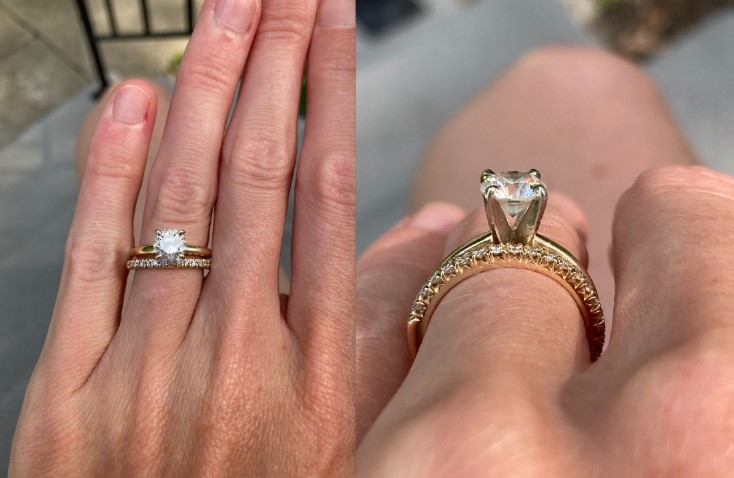
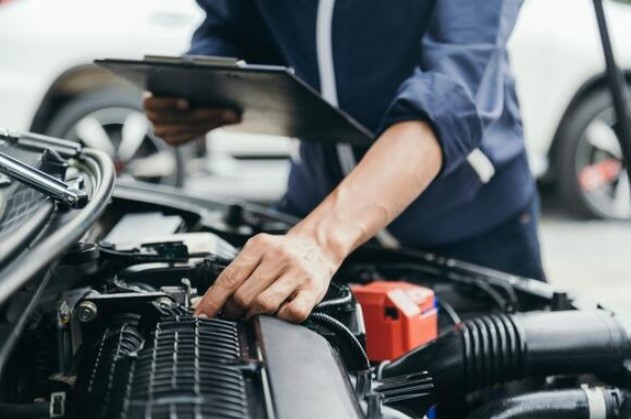
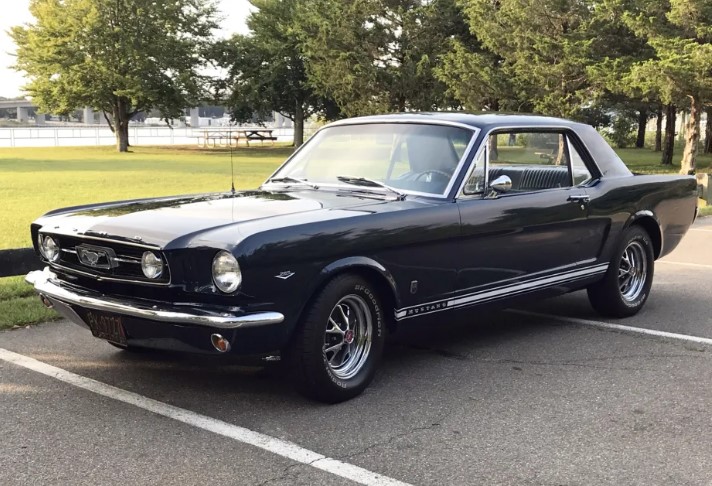
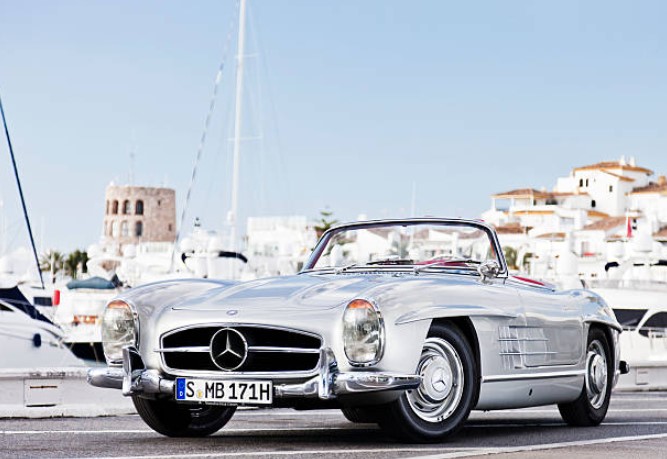
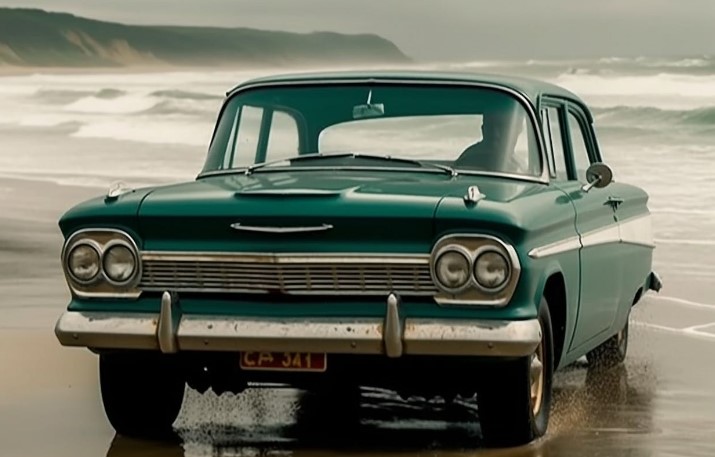
More Stories
Investigation launched into complaints of Tesla steering wheels coming off mid-drive | Tesla
Wheels Car of the Year 2023: Finalists revealed!
Why Were so Many Built?